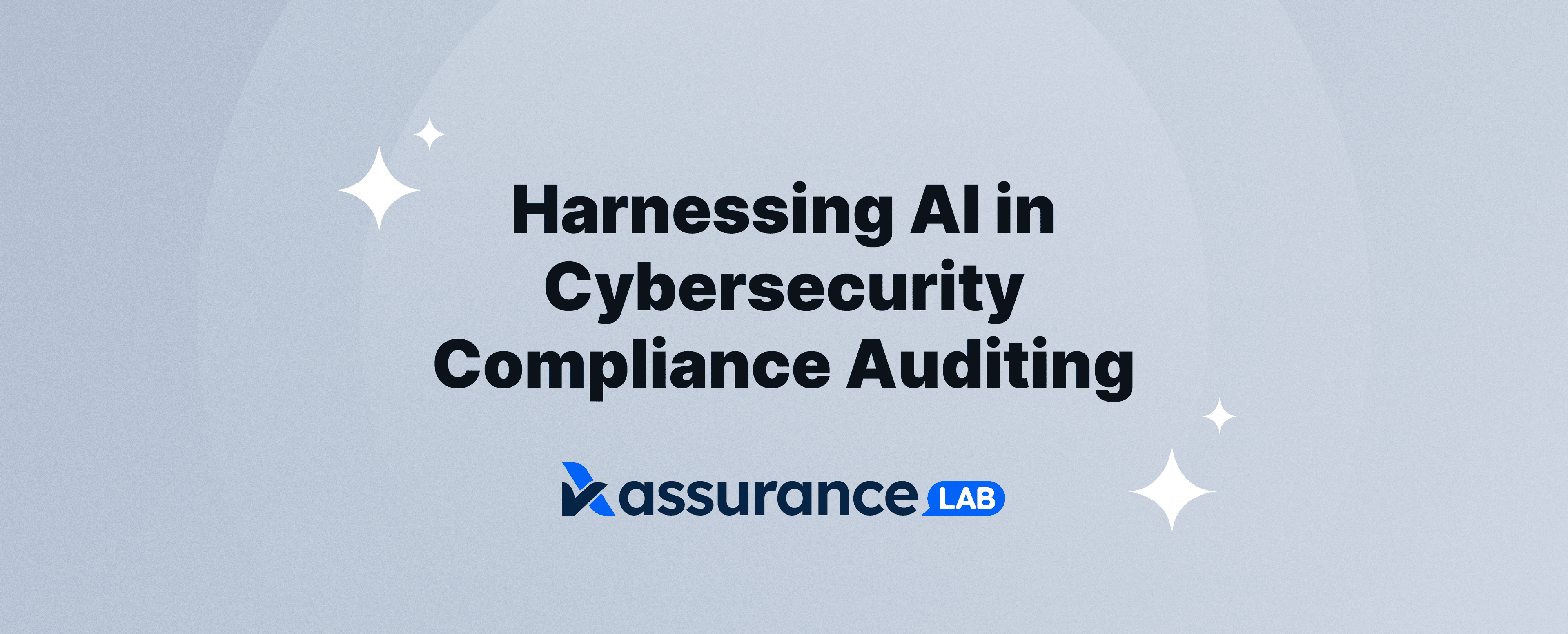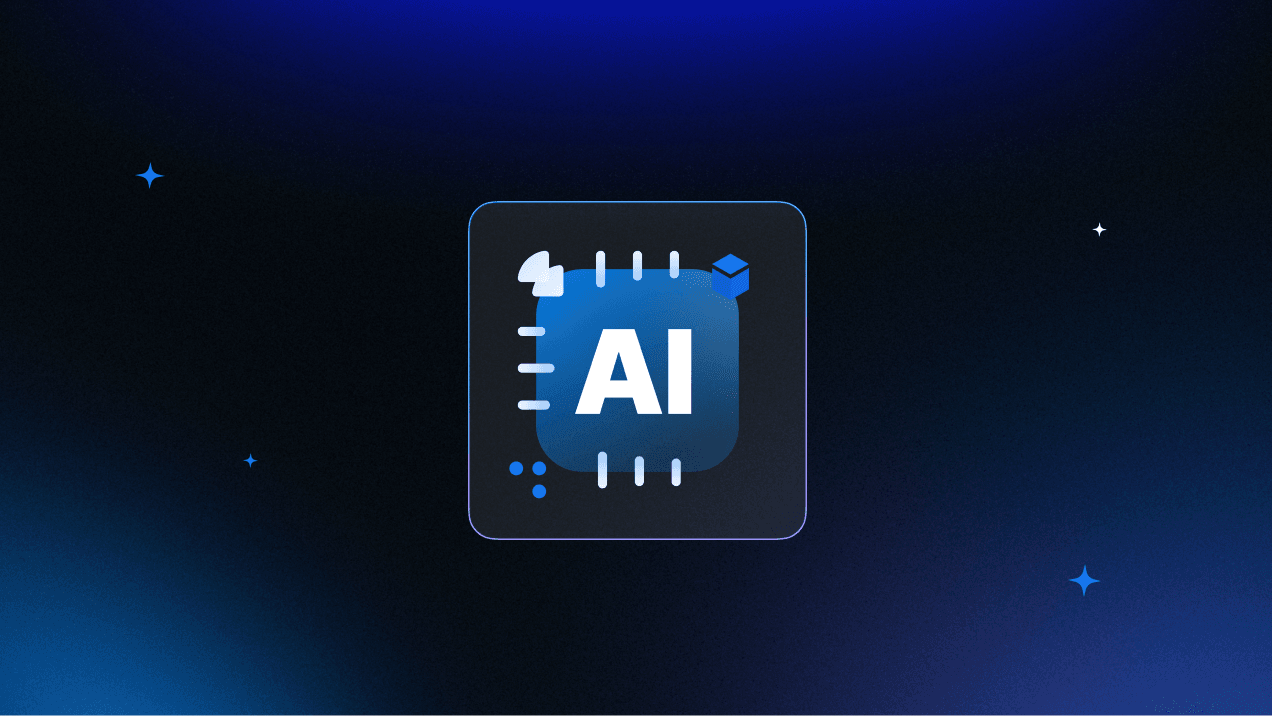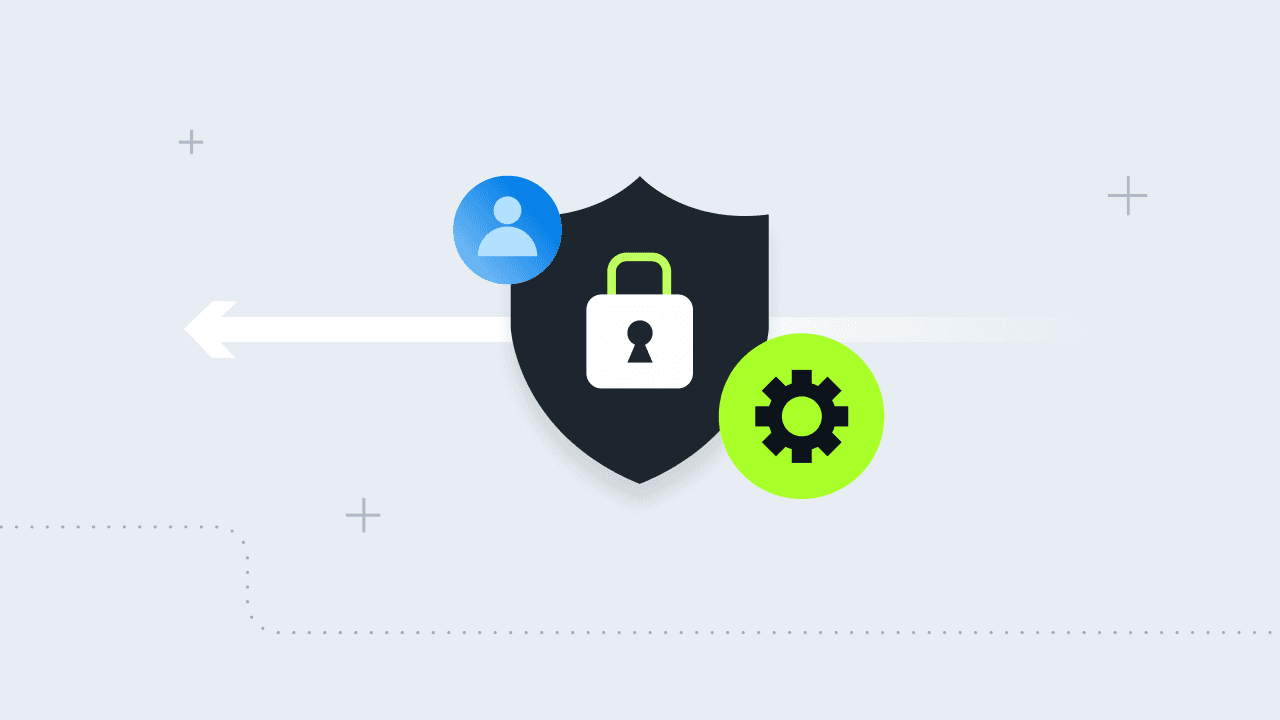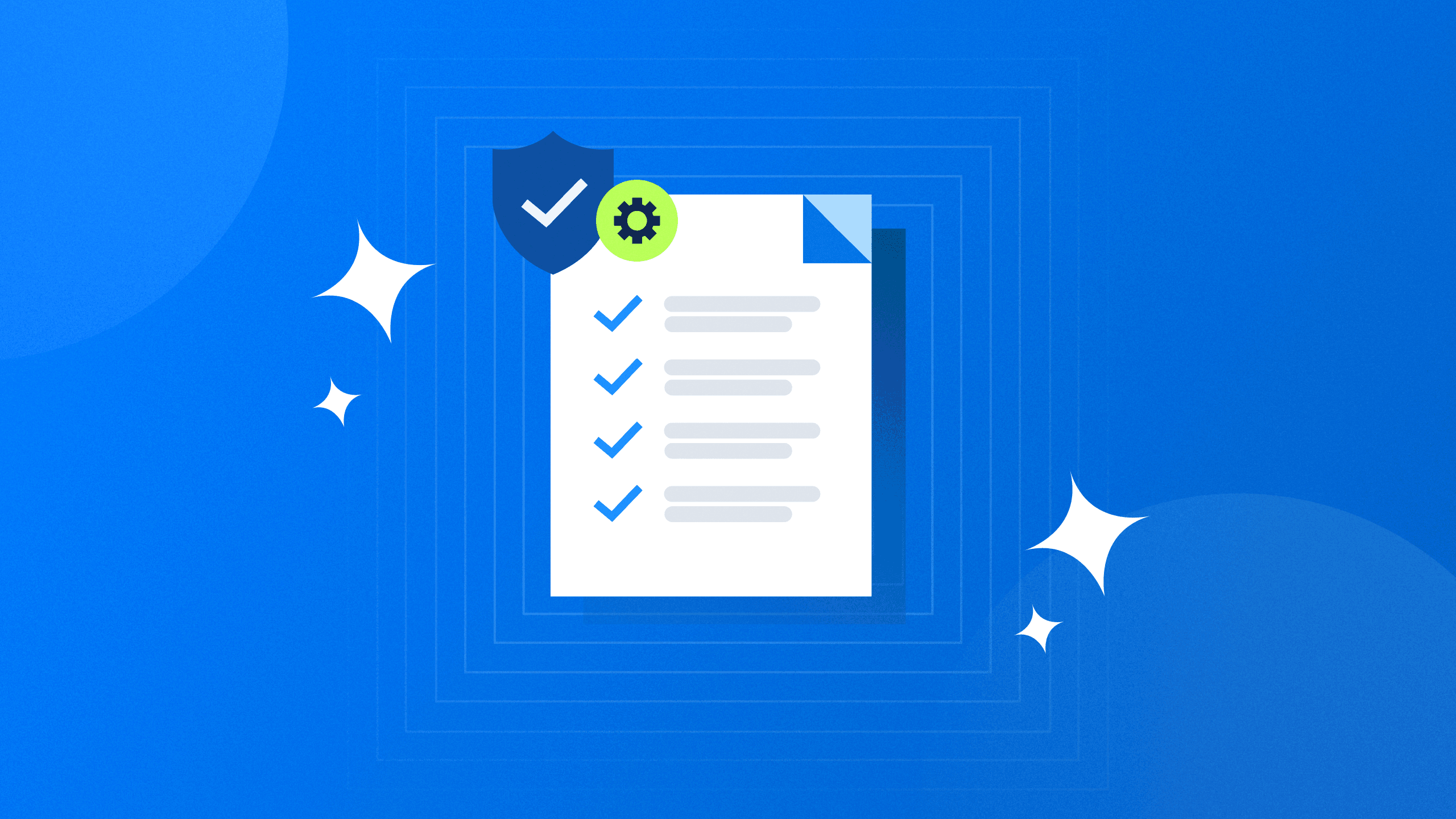Harnessing AI in Cybersecurity Compliance Auditing: A Strategic Imperative
Drata teamed up with AssuranceLab to dive into what AI in compliance auditing really looks like today.
In today’s fast-paced and increasingly connected world, the scale and complexity of cybersecurity compliance audits are often overwhelming for businesses. Traditional methods, reliant on human auditors who sift through thousands of pages of documentation across multiple clients, are becoming increasingly inefficient.
This is where Artificial Intelligence (AI) steps in. It can transform audits from a time-intensive task to a more streamlined and insightful process.
Why AI in Auditing?
Auditing is traditionally known for being a manual and lengthy process, with the auditor and the client often speaking different languages.
Recently we have seen both large language models (LLMs) and the drive towards general intelligence play a big role in the auditing space. LLMs can ‘read’, understand, and translate back to the user, which proves a solution for the main pain point of audits; that auditors and their clients, speak two very different languages.
The introduction of AI has solved more than just one pain point with other areas also positively impacted.
1. Superior Efficiency and Accuracy
AI technologies excel in environments characterized by large volumes of data. In compliance auditing, AI can analyze hundreds of documents more efficiently. AssuranceLab’s AI audit model can improve efficiencies by up to 50% in audit testing efforts (reducing the audit hours by more than half), including 30% fewer queries and a reduced SLA period.
This capability is critical in an area where audit queries often take the time and focus away from other high-value audit areas and building client relationships.
2. Increasing Client Experience
Traditionally, clients prepare for compliance audits with no feedback for months, only to undergo a condensed period of intense collaboration. This often allows for a compliance drift—a mismatch between daily practices and audit requirements.
By integrating AI, firms can provide ongoing, automated feedback, helping businesses stay aligned with compliance expectations. This not only improves the audit quality but also client satisfaction, as they receive timely insights rather than post-audit surprises.
3. Bridging Knowledge Gaps
A significant challenge in audits is the knowledge and language gap between auditors and clients. Auditors do not fully understand the nuances of the client’s business, and clients don't understand audits or compliance standards.
AI can mitigate this by translating complex audit requirements into understandable terms for clients while conveying the client’s operational context to auditors efficiently. This shared understanding cultivates a collaborative relationship, enhancing productivity and reducing the potential for misunderstandings.
How AI Transforms Auditing
There are a few areas in which AI has a huge impact in driving better outcomes for compliance auditors and clients alike.
1. Allows for Document Review at Scale to Assess Controls
AI-powered tools review all relevant compliance documentation and assess the controls against the defined audit criteria. AI has the ability to review vast quantities of data and documents, which ensures that every piece of relevant evidence is considered. This is in contrast to human review where details and documents can be missed, resulting in unnecessary queries and missed insights.
2. Provides Faster Feedback of Pass/Fail/Incomplete
There's often a period of waiting for audits to commence, followed by the period they are conducted. The ability of AI to provide immediate results gives clients access to faster feedback and clarity while preparing for their audit or working through them. Thus reducing the overall SLA period by up to half.
This helps prioritize focus for both the client and the auditor. This is done in a pass, fail, or incomplete form so that clients can see where the controls may require remediation or the evidence is inadequate. Often when clients are preparing for their first compliance audit, it's common to see a high rate of missing evidence that can often be avoided.
3. Surfaces Key Insights for Auditors and Clients
Having AI review controls provides an opportunity to reduce the number of controls audited by humans, therefore prioritizing focus on the higher-risk areas. It also provides greater efficiency where auditors review each control by surfacing the key details and highlighting the audit evidence. This fast-tracks the checks and signs off on the controls.
4. Reveals Better Practice Insights
Beyond verifying compliance with a minimum baseline of controls, AI has the ability to encourage enhancements in business practices by highlighting opportunities for improvement.
By identifying whether controls meet basic standards and how they can be optimized, AI supports businesses in elevating their operational and security protocols. This proactive approach safeguards against potential compliance issues and drives greater business value.
5. Maintains Consistency and Adaptability
Maintaining consistency in audit practices while adapting to new threats and regulations is crucial in the ever-evolving cybersecurity landscape.
AI systems are uniquely equipped to apply uniform criteria across different scenarios and to evolve as industry standards do. This ensures that businesses meet current compliance standards and are prepared for future changes, allowing audit methodologies to dynamically adjust.
The Risks of AI in Audits
The use of AI in audits attracts its fair share of criticism and skepticism.
Is the non-deterministic nature of AI consistent and reliable?
Does AI threaten auditor's jobs?
What happens when AI gets it wrong?
Is it problematic to have trust in technology powered by technology itself?
There are plenty of reasonable hesitations and key considerations when it comes to using AI in audits. The journey should start with a responsible use of AI policy that considers the key objectives, risks and safeguards used to get the best outcomes from this technology.
For audit firms, this should be incorporated into the Quality Management System to ensure a robust audit methodology is maintained and enhanced through the use of this technology.
How We Use AI in Auditing at AssuranceLab
AssuranceLab uses AI technology to enhance the client experience with faster feedback and greater insights. We empower our audit team to spend more time developing client relationships, driving continuous improvement feedback, and focusing on the more risky and judgemental areas of compliance audits.
We review all AI results to validate the outputs, identify the 'blind spots' of AI and maintain a continuous improvement cycle around our AI audit product, Lexi. Conducting AI reviews alongside human audits provides a great balance of efficiency and greater insight, with a consistent and robust methodology to ensure clients get the best outcomes and quality standards are maintained.
If you want to learn more or collaborate on the use of AI in auditing, get in touch with the AssuranceLab team!






